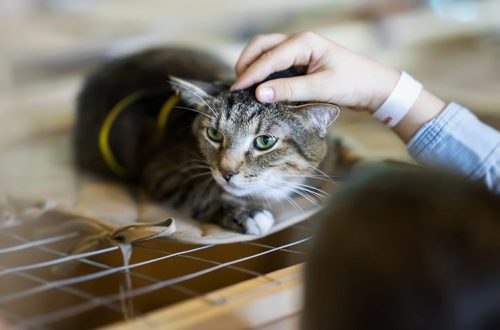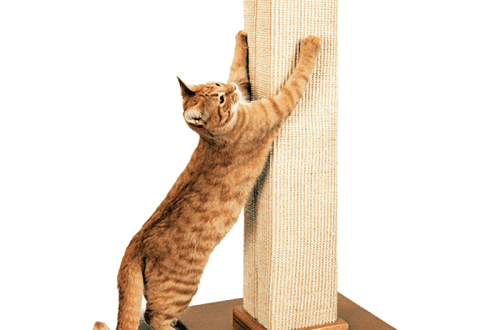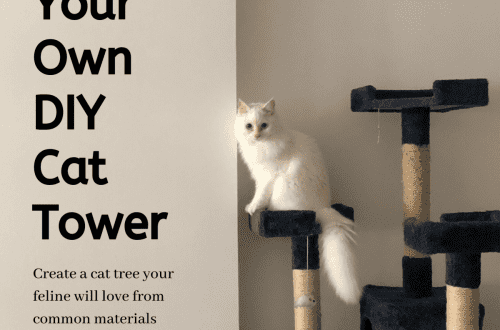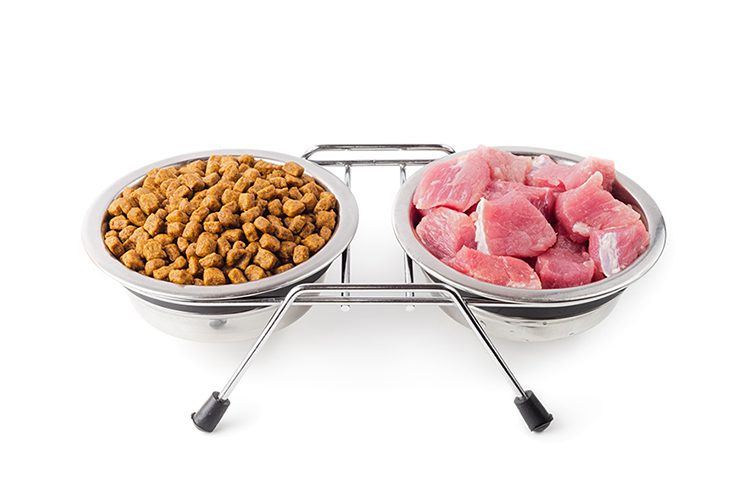
Top 9 questions about prepared foods
The wild ancestors of dogs and cats ate raw meat – and felt great. Why do we now give our pets dry food? Is it true that dry food provokes the development of KSD in a cat? Should I give my dog vitamins or supplements? Or maybe still choose canned food? Find out the answers to these questions from veterinarian Irina Buival.
- Isn’t it better to feed your pets with natural food? After all, their ancestors were predators!
Yes, indeed, the ancestors of dogs and cats were predators. It is logical to assume that the best thing for a pet is a piece of raw meat. But!
Natural feeding should be balanced. This means that in one bowl there should be all the sources of the necessary nutritional components for the animal: proteins, fats, carbohydrates, vitamins and minerals. At the same time, not only their presence is important, but also the proportions: they must be suitable for the specific age and physiological state of the animal.
At home, creating a mixture of ingredients that meets the requirements of the pet’s body is very difficult. Calculating the amount of each ingredient and the calorie content of the diet is a long and laborious task that requires serious knowledge in nutrition and biochemistry. For example, an incorrect ratio of calcium phosphorus and vitamin D can disrupt bone formation in a puppy and cause an imbalance in calcium metabolism in an adult dog.
Under natural living conditions on natural diets, the life expectancy of predators is not so great. Whereas modern ready-made diets based on recent research make it possible to extend the life of an animal up to 15-20 years. All this is due to the natural components of plants and the ratio of fatty acids that cannot be obtained at home.

- Is it true that dry food leads to the development of kidney and liver disease, urolithiasis, allergies, diarrhea and other problems?
Ready-to-eat, super-premium food suitable for your pet and compliance with the feeding norm, on the contrary, support the pet’s health. Another thing is malnutrition. It doesn’t matter if it’s ready-made or natural. Health problems can really develop from poor-quality or unsuitable pet products.
If we exclude infectious and parasitic diseases, then the main causes of health problems in dogs and cats are stress and malnutrition. Therefore, the task of any owner is to choose the right diet (if you are not sure about the choice of food, it is better to consult a veterinarian) and monitor the condition of the animal.
Diseases such as allergies and urinary tract infections can be triggered by nutrient imbalances or ingredients that the animal is allergic to. Another reason is a mixed diet. This is when meat, cereals or other products are added to ready-made feeds. Or when one feeding a day is ready-made food, and the other is food from the table. Want to keep your pet healthy? Don’t repeat such mistakes.
- Which food to choose?
The best solution is a ready-made diet, selected taking into account:
– the age of the pet (growing organism, adult animal, elderly or old),
– level of physical activity (low, medium, high and very high),
– conditions of detention (apartment, aviary),
– physiological characteristics at a given time.
For an active animal, for example, it is better to choose a diet high in protein, fat, L-carnitine (to help the liver convert fat into energy). Carbohydrates should be different in terms of digestibility and blood sugar levels after consumption (so that the body does not lack energy and does not start using proteins for this). The presence of chondroprotectors and substances that support the intestinal microflora is also welcome.
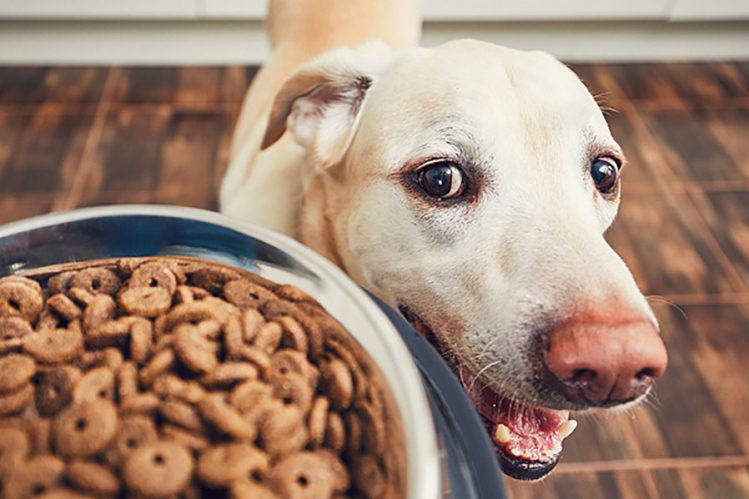
- Which is better: dry food or canned food?
There is no fundamental difference. You can proceed from what kind of food your pet prefers, or combine both in one diet.
If we talk about a large dog, it is expensive to feed canned food. They contain up to 70% water in their composition and are packed in an iron can, for which the owner pays extra money. In addition, super premium food companies make both dry and canned food with the same nutritional composition on a dry matter basis. They can be combined, but with the correct calculation of the daily norm.
- How to switch to feeding a new food?
Switching to a new food is necessary only when necessary and always gradually.
Within a week, at each feeding, part of the old food is replaced with a new one. The amount of new food in the bowl is gradually increased until the old food is completely removed.
At this stage, the feeding is mixed. It is not recommended to feed your pet in this way on an ongoing basis. But for the period of changing food, this is simply a necessary procedure that will save the pet from microflora imbalance, gastrointestinal upset, or simply hostility to the new food.
- How much food to give?
In all ready-made feeds, the calculation of nutrients is per unit of body weight. Each package has a table indicating how much of a particular feed is needed in grams per total body weight of the animal. Figures are averaged. In practice, it is better to carefully monitor the appearance and fatness of the animal, because. for a particular pet, there may be deviations from the norm by 10 grams. to one side or the other.
The natural diet, as a rule, is more voluminous, and the norms are different here.

- Should I give my pet vitamin, mineral or other supplements?
If the animal receives high-quality properly selected super-premium food and does not suffer from any health problems, then there is no need for additional administration of vitamins and dietary supplements.
Ready-made high-quality food contains all the substances your pet needs and in ideal proportions (including vitamins and minerals). However, pets with certain predispositions and diseases may require more vitamins, minerals and other biologically active substances in their food. In this case, the additional introduction of feed components should be carried out only under the supervision of a veterinarian.
- Should I eliminate homemade food altogether?
Each owner must make a choice for himself. How to feed your pet: prepared food or homemade food?
It is necessary to responsibly approach this issue, weigh all the pros and cons, and having made a decision, follow it. It is impossible to change the diet just because you did not have time to buy food or cook homemade food.
Adding homemade food to ready-made balanced feeds (even once) knocks down the balance of nutrients, for which the owner pays money and from which he expects a good result. Some manufacturers allow fermented milk products (kefir, curdled milk, fermented baked milk) and grated vegetables to be added to their diets, but only to improve the taste, nothing more.
- What if my pet needs not a classic, but a medicinal food?
Therapeutic food is designed for pets with special health needs. How do they differ from classic lines? The composition of the veterinary food is enriched with useful elements that help to cope with a specific disease. However, depending on the state of health, the diet may have its own nuances, and therapeutic food is prescribed exclusively by a veterinary specialist.
Recall that proper feeding is the basis of the foundations of a healthy and happy life of the animal. If you are not sure about the correct diet, do not experiment, but seek the advice of a veterinarian.



